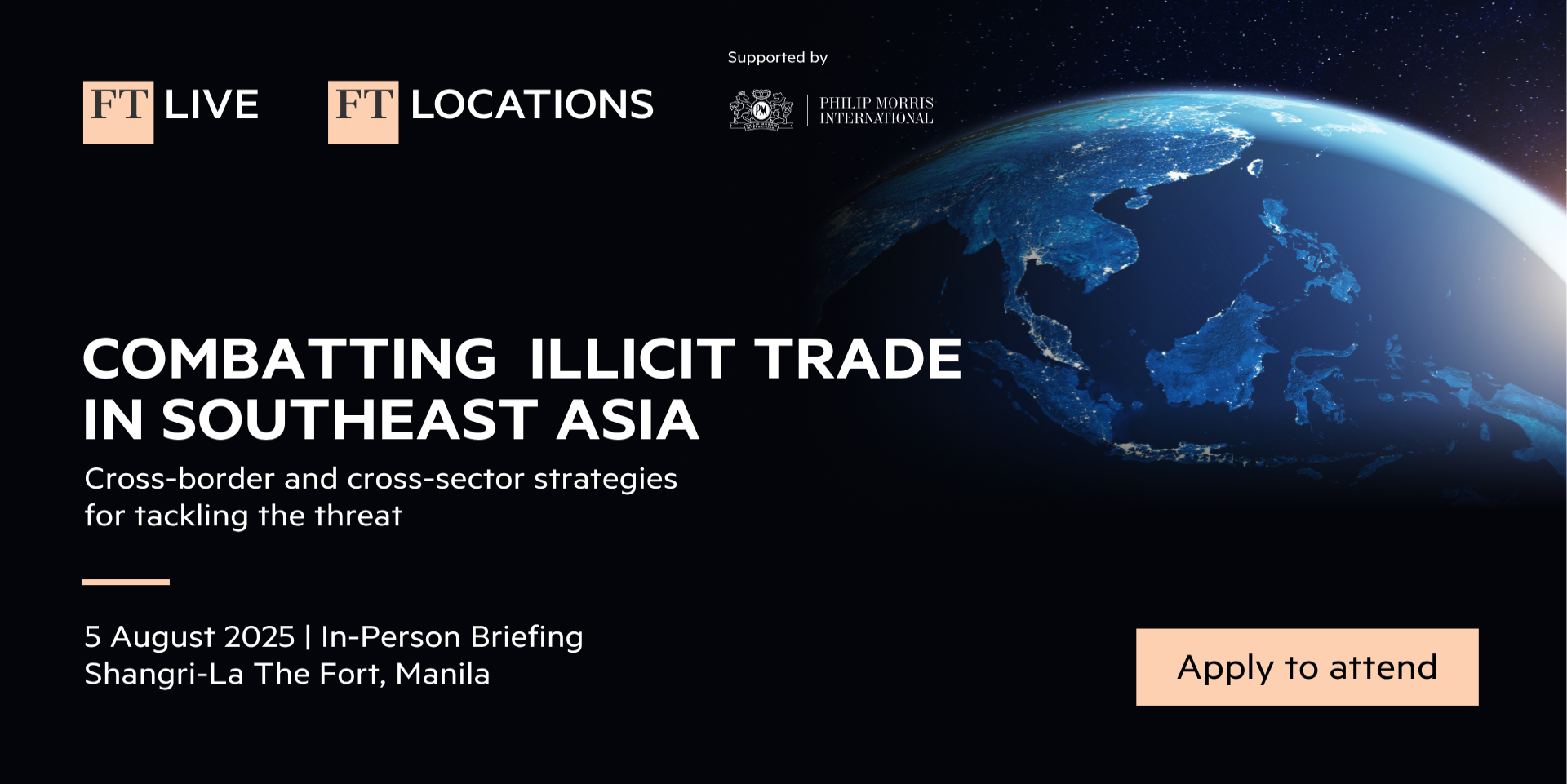
Combatting Illicit Trade in Southeast Asia: Cross-border and cross-sector strategies for tackling the threat
Explore the political, technological and institutional approaches needed to disrupt illicit activity
Illicit trade remains a persistent and evolving threat worldwide. Trade in counterfeit goods alone amounts to $460 billion annually, accounting for up to 2.3% of global trade, according to the OECD. But the cost is more than just economic: from smuggling and counterfeiting to trafficking in people and natural resources, the activities of increasingly sophisticated illicit networks not only undermine legitimate commerce and erode state revenues but also pose serious risks to public health and security.
Southeast Asia’s porous borders, uneven enforcement capacity and fragmented regulatory frameworks make the region particularly vulnerable to exploitation by criminal operations. To address this challenge and enhance enforcement across borders, regional co-operation is critical. At the same time, governments cannot act alone. The private sector plays a pivotal role, both as a stakeholder affected by illicit trade and as a strategic partner in prevention and response. Leveraging innovative technologies, promoting responsible business practices and engaging communities can significantly strengthen regional resilience.
This high-level briefing from the Financial Times – held in partnership with PMI – will explore the political, technological and institutional approaches needed to disrupt illicit activity, while solidifying the partnerships required to build more secure and transparent economies across Southeast Asia.



